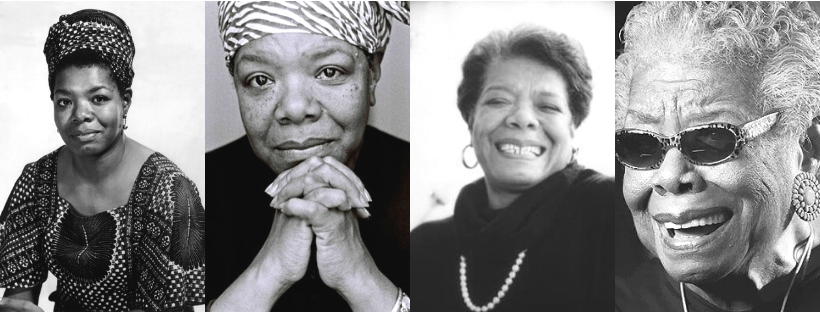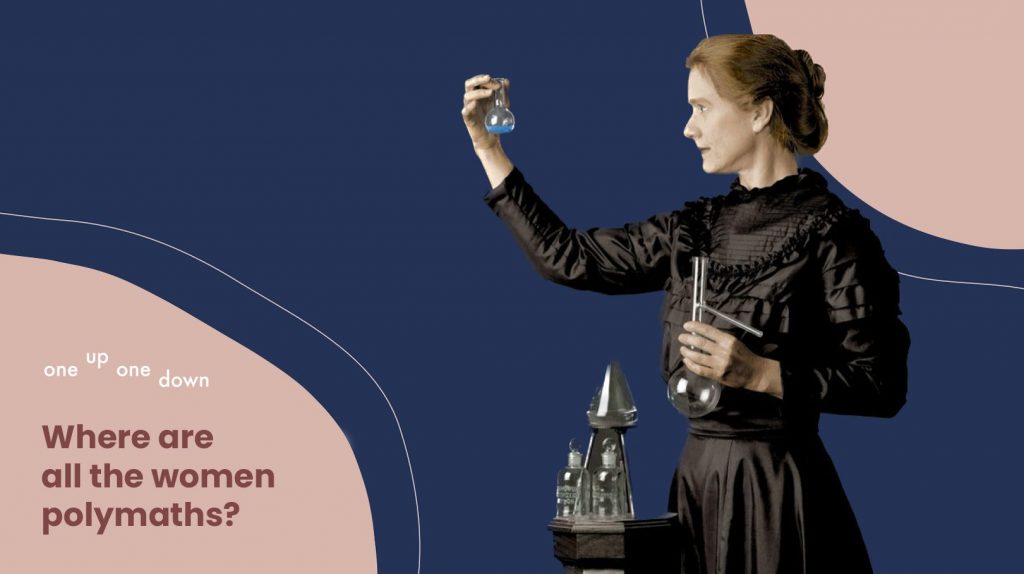If you’re an avid podcast listener, it’s likely that you’ve heard guests introduced as polymaths. Polymaths feature a lot on the Tim Ferris podcast. A polymath also referred to as a Renaissance Man, are people whose knowledge spans several unrelated fields. As I was listening to a brilliant podcast with a male polymath, the question popped into my head, “Where are all the women polymaths?” I don’t recall ever hearing a woman being referred to as a polymath on a podcast.
This got me thinking and researching. Of course, there are women polymaths. So why is it not a term associated with women? What would it mean for women to learn about other women who are or were polymaths, to have women role models who are polymaths made more apparent, and to have this title more readily available?
What is a polymath?
A polymath is someone that has many areas of masterful knowledge. They are not just experts in one or two subjects; they have broad knowledge and interests. The term comes from the Greek word meaning “many” (poly) and “learning” (mathe).
A polymath is an acclaimed title, given to some of the most creative and innovative people throughout history. It is associated with success, as is pointed out in an article by the Observer.
When people think of polymaths, they think of Leonardo da Vinci or Benjamin Franklin – not Marie Curie or Ada Lovelace.
Where are all the women polymaths?
There is a long list of women who have achieved great things across multiple fields and who meet the definition of a polymath.
Just to name a few; Mary Somerville, Sofia Kovalevskaya, Maria Sibylla Merian, Ada Lovelace, Queen Christina of Sweden, Hedy Lamarr, Maya Angelou, Sally Kirkland, Shirley MacLaine, Jane Goodall, Elizabeth Gilbert, Dita Von Teese.

Sure, the number of formally acclaimed women polymaths is far fewer than men. Historically, expectations and education excluded many women from following academic fields more readily available to men, and undoubtedly there were many women whose brilliance was not documented. Despite this, there is a rich history of women who should be recognized and celebrated for the polymaths they were.
So what about now, in this modern age, when education opportunities are more equal in many parts of the world? Why is the reference to women polymaths still few and far between?
It is likely that the term polymath is still strongly associated with the male identity and so people are quicker to associate the term with a man than a woman. It may also be that women don’t self-describe as polymaths, for various reasons, including the lack of mentors and role models. Some skills may not be as strongly linked to the title of a polymath, such as acting, writing, arts, music, design, and humanitarian work, which many creative and innovative women pursue and excel in. And, maybe it’s because women are more likely to be stereotyped as one thing or another.
These are just hypotheses as I have not found any substantive research addressing this question.
Recognizing the behaviour and value of polymathic women is important
Role models are an important influence on what people see as acceptable and possible for themselves, especially role models an individual can relate to.
Some people have a specific skill set that makes them uniquely qualified for a certain career path – it could be anything from being a skills salesperson, writer, scientist, or musician. But what if a woman wants to do all of these things? What if she is not sure which one is best suited for her personality?
Demonstrating that the identity of a polymath is just as available to women as it is to men may encourage other women who are this way inclined to follow their interests and passions with a greater degree of confidence.
Conclusion
We invite more people to recognise the women polymaths that have existed and exist in today’s current time. To talk about them and their many talents and to give them the title of polymath where it makes sense. In doing so, we can allow and encourage more women to see themselves in this light, knowing that they don’t have to just do or be one thing to be successful.
Follow OneUpOneDown on Facebook, LinkedIn, Twitter and Instagram to stay tuned with the latest news.
